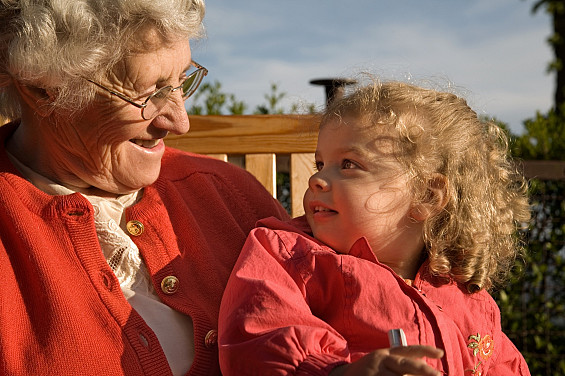Failure to Thrive (FTT) in the elderly is a challenging and emotionally taxing condition that not only affects the elderly individual but also takes a toll on their families. Coping with the physical and emotional aspects of FTT can be a draining experience, and it's essential to address the emotional impact it has on families while seeking support and resources.
 1. Feelings of guilt and helplessness:
1. Feelings of guilt and helplessness:Family members often experience overwhelming guilt and helplessness when they see their loved ones struggling with FTT. They may question whether they could have done more to prevent it, and these emotions can be all-consuming.
The uncertainty and concern for the elderly family member's well-being can lead to increased anxiety and stress among family members. The constant worry about the elderly person's health can be emotionally exhausting.
Ask questions regarding retirement homes to our experts
FTT can disrupt communication within the family. Family members may find it difficult to discuss the condition and its impact openly, leading to strained relationships and misunderstandings.
Witnessing a loved one's health decline due to FTT can evoke feelings of grief and loss, even if the person is still alive. Family members may grieve the loss of their loved one's former self and abilities.
Caring for an elderly family member with FTT can be isolating. Family members may feel like they're the only ones going through this experience, leading to a sense of loneliness.
Open communication: Encourage open and honest communication within the family. Sharing thoughts, concerns, and feelings can help family members feel more connected and supported.
Seek professional guidance: Consider consulting a therapist or counselor who specializes in caregiving, aging, or grief. They can provide valuable guidance and support for both the elderly individual and their family.
Respite care: Don't hesitate to seek respite care or caregiving assistance to give family caregivers a break. Caring for an elderly loved one can be physically and emotionally demanding, and taking short breaks can help reduce stress.
Support groups: Joining a support group for caregivers or families dealing with FTT can provide a sense of community and shared experiences. It's an opportunity to exchange tips and find solace in the company of others who understand what you're going through.
Self-care: Encourage family members to prioritize their own self-care. This includes getting adequate rest, eating healthily, and engaging in activities they enjoy to recharge their emotional reserves.
Accepting limitations: Recognize that while you want the best for your loved one, you may not have control over the outcome. Accepting your limitations and understanding that you are doing your best can alleviate feelings of guilt.
Failure to Thrive in the elderly is undoubtedly a difficult journey, but by acknowledging the emotional impact on families and seeking support and resources, it becomes more manageable. Remember, you are not alone in this experience, and there are ways to support each other through the challenges and uncertainties that come with caring for an elderly loved one with FTT.
Don't hesitate to contact us at 343 309 5289. We can help you choose the right establishment for you and assist you in your search.

Find a suitable senior residence